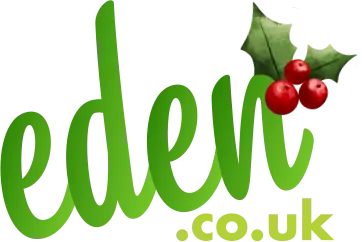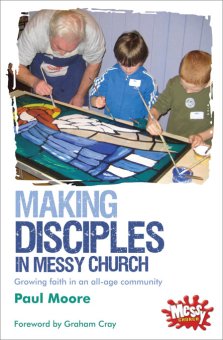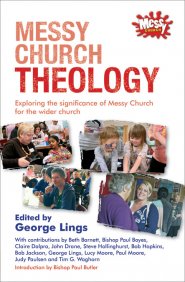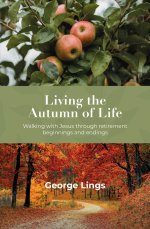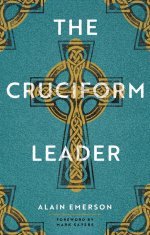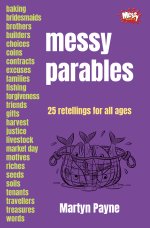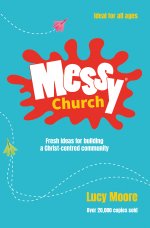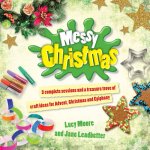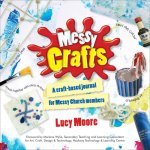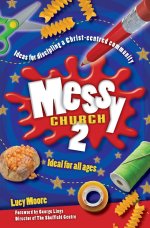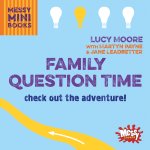'Messy Church Theology' is the very first Messy Church book to discuss the nuts and bolts of academic theology which takes place among the glue pots and glitter pens.
With a rich variety of Messy Church leaders, pastors, and theologians (including John Drane, George Lings, & Beth Barnett) this first-of-its-kind book gathers together 12 essays to encapsulate the theology of Messy Church. Inside you'll find relevant and engaging discussions around the internationally acclaimed project which assess the practices, the community, and the impact. Amongst these theological musings are 5 fascinating case studies, researched and written by grass-roots practitioners, including topics such as special needs.
Messy Theology is a healthy balance between critical reflection from a variety of perspectives, and a lively representation of the current theology driving the world renown movement towards making disciples across the globe.
About the Contributors
George Lings is Director of Church Army's research unit, which for over a decade has been at work discerning the evolving mission of the church and the resultant Fresh Expression of the church.
Contributors include:
- Claire Dalpra – Church Army
- Steve Hollinghurst – researcher and trainer in mission and evangelism
- Paul Bayes – Bishop of Hertford
- John Drane – Affiliate Professor of New Testament and Practical Theology, Fuller Seminary
- Bob Jackson – Director of the Centre for Church Growth, St. John's Nottingham
- Beth Barnett – Children's and Families' Facilitator, Baptist Union of Victoria, Australia
- Bob Hopkins – Church Planting consultant and member of the Archbishop's Fresh Expressions Team
- Paul Moore – Anglican Vicar and vocations advisor for Portsmouth Diocese
Case Studies by Trish Hahn, Alison Paginton, Christine Barton, Kevin Metcalfe, Sharon Pritchard, and Marie Beale.
Trustpilot
